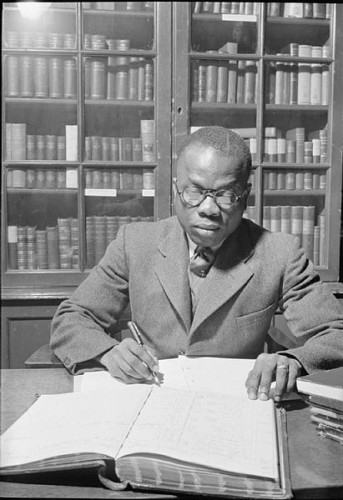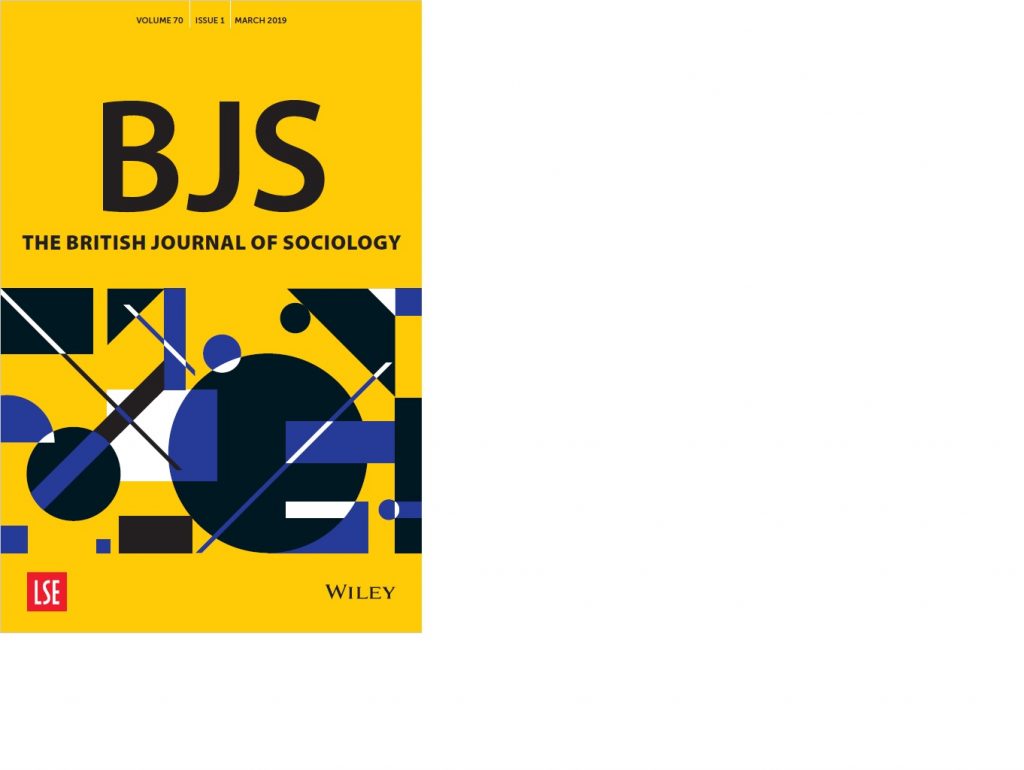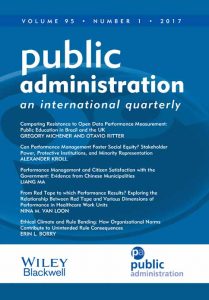How to Not Lose Your Sense of Self in a Graduate Program
So, you’re interested in pursuing a graduate program? Great! Before you start applying you have to; research which schools have the best department to fit your specialties, you apply to as many schools as you can to ensure at least one acceptance, and then you wait, and wait, and wait. The days turn into weeks, which turn into months, and then, you finally get an acceptance! You jump for joy; you cannot hold in your excitement. You want everyone to know that you got accepted into a graduate program. Upon acceptance, you submit your intent to register. Once you get into your program, you start to second-guess yourself, and your ability as an academic. What do you do to maintain your sense of self?
Majority of the time, as academics, we lose sight of who we are in relation to our work and research. Academia consumes your life: your work and writing becomes your life, and you live to work and write. There are days where you think you’ve made so much progress, and then there are those days where you erase everything you wrote because you do not feel “intelligent enough.” At times, academia may make you critical of your abilities, but you must not forget that before academia you had a life, and enjoyed your work. Here are some tips to enjoy academia, and not lose your self in the murky waters of research.
First off, find a good support system in your program. It is always hard to make friends in new, unfamiliar places, and programs. However, the sooner you find a community, and foster those relationships, the amount of support, and comfort you will receive aids in the long term process of maintaining who you are. Most times, we forget that we are human; and humans need contact with other humans. We are social beings, and need social interactions with others to ensure our soundness. What kind of society would we live in if everyone cut themselves off from one another? Ensure you make meaningful bonds with some people in your cohort, and check in on one another.
Secondly, do not be too critical of yourself. Majority of academics pride themselves on their intelligence, and their writing abilities. Throughout graduate school, however, many professors’ revisions will make you feel like you’re not “intelligent enough.” Just remember, you are! They selected you to be a part of their graduate program. Your professors’, and advisor’s, revisions are to make you a better writer/future academic. If your paper is marked up to the heavens and back, speak with the professor, or your advisor. Do not let the revisions make you feel worthless: the fact is, you are intelligent enough. These are just stepping stones to make your mark in academia.
Third, do not forget what you are passionate about, and indulge in your hobbies. Once in academia, many of us believe that our work is our sole passion. Yes, our research interests are high on the totem pole of passions, but that is not our only interest. We are human. We have other needs, wants, and passions, besides work, and research. Make time for those things that are important to you whether that is; running, biking, playing an instrument, or sport. Ensure you have time to indulge in these activities. If you spend your whole graduate career without taking care of your self, and not partaking in the activities you enjoy, the monster known as academia will eat you alive: forcing you to reevaluate your life, and wonder if there is anything else to life.
Finally, do not forget to have fun. Academia is very serious, for the most part. You must have fun with your research, work, and life. You do not want to look back on your graduate career and have regrets about the times you did not; make time to hang out with fellow classmates from your cohort, participate in on-campus events and clubs, or connect with that one person who was your rock throughout your graduate career. Although, your work, and research, should come first, you cannot forget to make time to practice a little self-love. If you do not take the time to have fun, and mentally, physically, and emotionally, take care of yourself, you will not be as productive. These are a few things I learned along the way not to lose myself to my studies, and still have a life outside of academia. If it were not for these simple things, I’m sure my graduate career would have been totally different. Please ensure you practice some of these throughout your graduate career: it’ll make all the difference.




1728-4457/asset/PopulationCouncilLogo.jpg?v=1&s=03074651676b98d6b9d0ef1234bd48fe7ff937c3)
